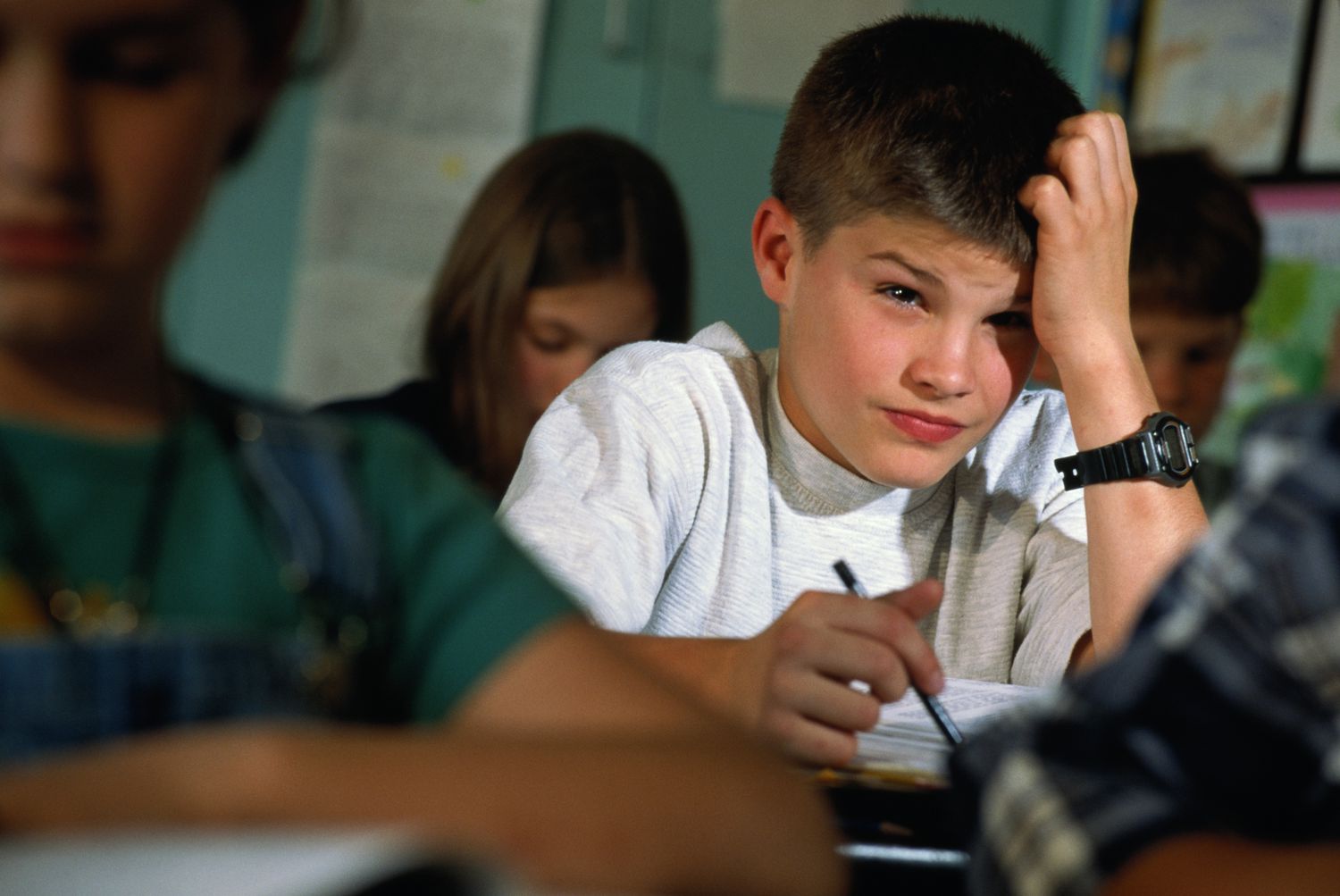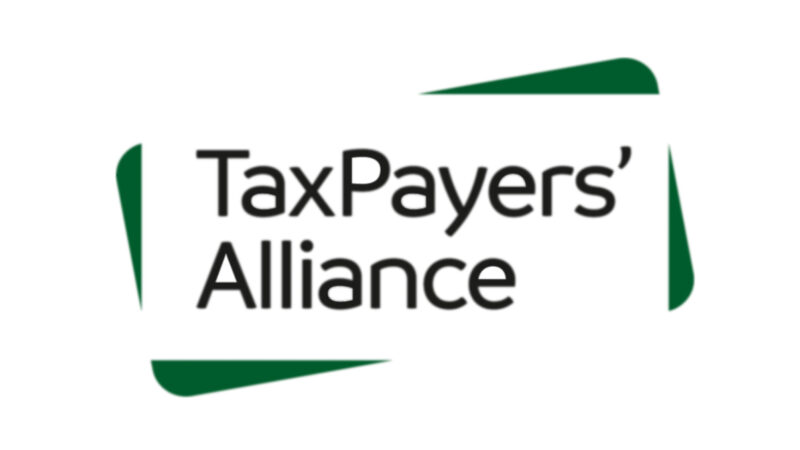New surge in library users provides vital opportunity to bridge the literacy gap for young children

The UK’s Department of Education reported in October that children’s literacy rates hit their lowest levels since 2014, largely due to schooling being disrupted during the pandemic. However, according to new research from Libraries Connected, record numbers of people are attending community libraries across the UK – driven largely by people looking for a warm place to work, study or relax amidst soaring energy bills at home. Whilst this is yet more evidence of how the nation is struggling to deal with the cost of living crisis, it also represents a vital opportunity to engage more children in literature and ultimately bridge this burgeoning literacy gap.
Community libraries have been a staple for creativity, imagination, and education for children of all ages, however, despite more people than ever using their services, they are now at risk of closure due to insufficient funding and cuts across Arts Council England. These cuts will not only remove vital free spaces for education across the UK, but they also risk neglecting Britain’s children of an artistic outlet that could prove pivotal in their literacy development. Rutger Bruining, entrepreneur in the publishing arena, as well as CEO/founder of StoryTerrace, the UK’s leading biography-writing service, emphasises the importance of children engaging with literary spaces.
Libraries have the power to improve children’s quality of life – they allow access to a wealth of literacy resources and a range of support. Libraries provide a democratic, equal space for young people – they offer the opportunity to explore and develop their own imagination outside of schooling guidance. It is vital to have a space that champions creativity, such as a library, which is solely dedicated to the love of literature. According to research carried out by the UK’s Department for Education, children’s literacy rates declined by almost 10%, the lowest since 2014, after temporary closures of schools and public spaces from multiple announcements of national lockdowns.
Children were left catching up to the government’s predicted averages for their age groups, with only 59% of primary school pupils in England meeting the predicted average in reading and writing. Libraries serve as creative hubs that aid children in finding their passion for the art of written words. With closures of libraries happening across the UK, the literacy gap between children in the UK and other nations could worsen due to less spaces for creative learning.
The underserved communities that rely on public spaces, for more than just an educational purpose, will be the most affected by library closures. Many families need community libraries to encourage learning as they can’t do so in the comfort of their own home. Libraries not only facilitate reading, but they also provide access to a warm and safe place for children to do their homework or to meet friends outside of school hours. As libraries are one of the only spaces that don’t require any expenditure – parents and guardians can take children to their local libraries without any financial pressures. During hard economic times, a library is a comfortable and accessible space for all communities.






